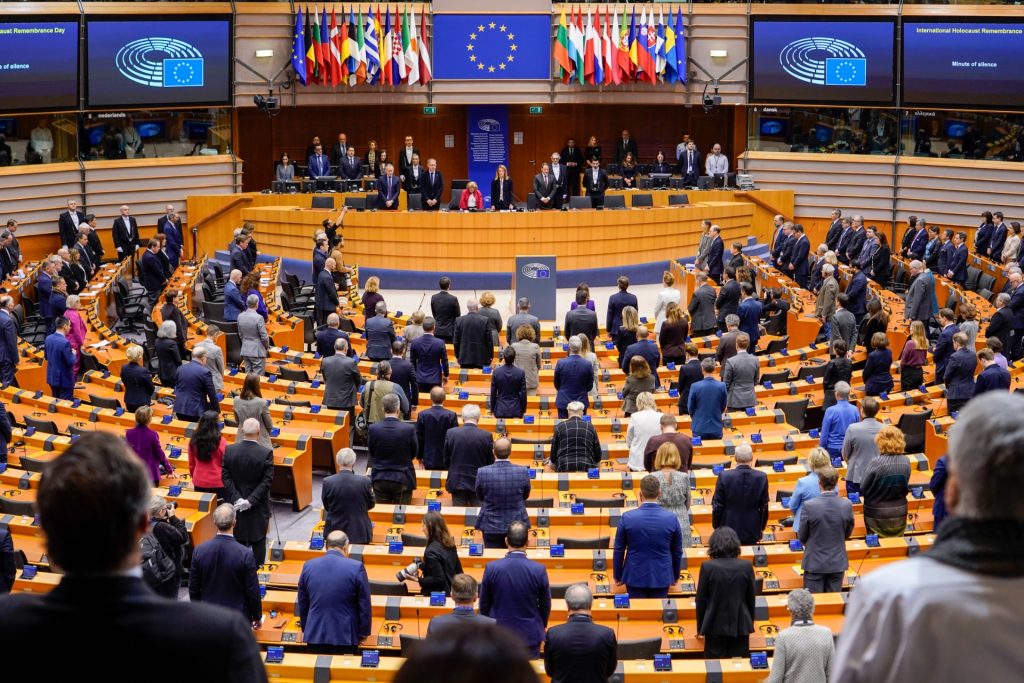EU ambassadors gear up for another round of negotiations to extend the duty-free trade agreement with Ukraine, seeking a middle ground amid differing views on agricultural quotas.
Others are reading now
EU ambassadors are set to convene once more on Wednesday in an effort to ratify the extension of the duty-free trade agreement with Ukraine, as reported by the Polish radio station RMF FM.
This upcoming meeting marks the third attempt by EU country representatives to finalize an agreement previously stalled by opposition from countries including Poland and France.
A week ago, a temporary compromise reached with the European Parliament was ultimately rejected, primarily due to concerns from these countries.
Seeking a New Compromise
Warsaw and Paris, supported by a coalition of countries neighboring Ukraine, advocated for the inclusion of 2021—a year with lower Ukrainian agricultural imports—in the calculation of quotas for Ukrainian agricultural products.
Also read
According to RMF FM, the current draft agreement calculates the average based on the years 2022-2023, during which Ukrainian imports were notably higher.
Sources informed the Polish radio station that a compromise is under consideration. This would entail calculating the average starting from June for only half of 2021, rather than the entire year. Such a compromise would result in a partial reduction of Ukrainian food supplies.
France and Poland continue to push for quantitative restrictions on Ukrainian wheat, currently limited to sugar and eggs. After a compromise with the European Parliament, restrictions also applied to poultry, groats, oats, and honey.
France aims to add barley to the restriction list. However, according to the radio station, achieving this goal will be challenging. Belgian Agriculture Minister David Clarinval clarified on Tuesday that there is no consensus among European Union countries on this matter.
Challenges Ahead
“The Belgians are very reluctant to make concessions, as making changes would mean further negotiations with the European Parliament and a very tight calendar for approving the agreement, which is due to enter into force on June 6 for another year. This turns everything upside down,” an EU source remarked.
On Monday, EU ambassadors revisited the discussion on renewing and extending the agreement but failed to reach an approval. The Belgian presidency deferred the agreement’s endorsement to Wednesday due to the indecision among several countries.
The previous Wednesday, the ambassadors could not ratify the agreement, as Poland and France deemed the text agreed upon with the European Parliament as insufficient.


